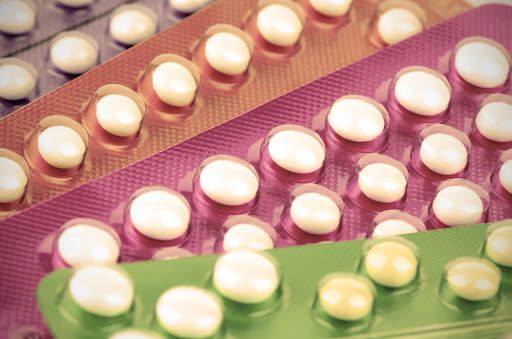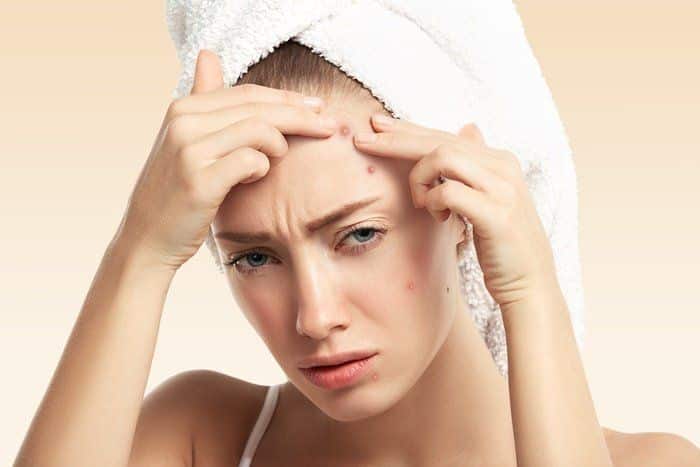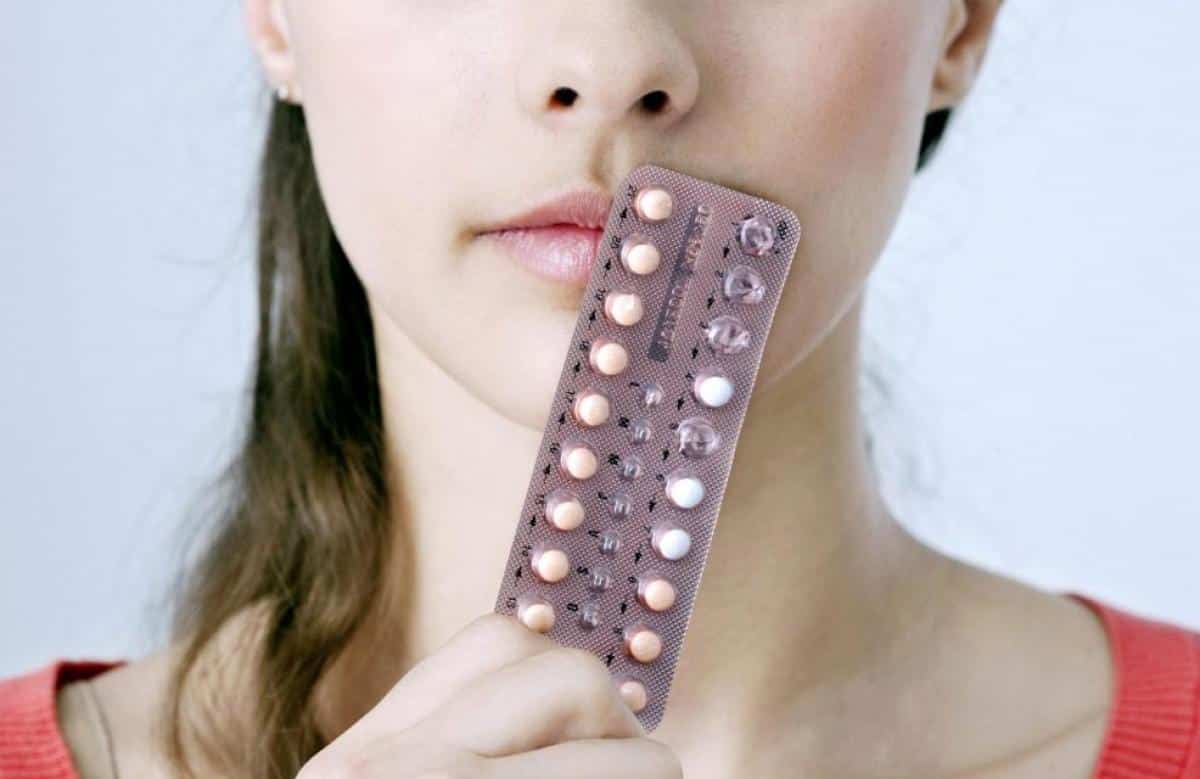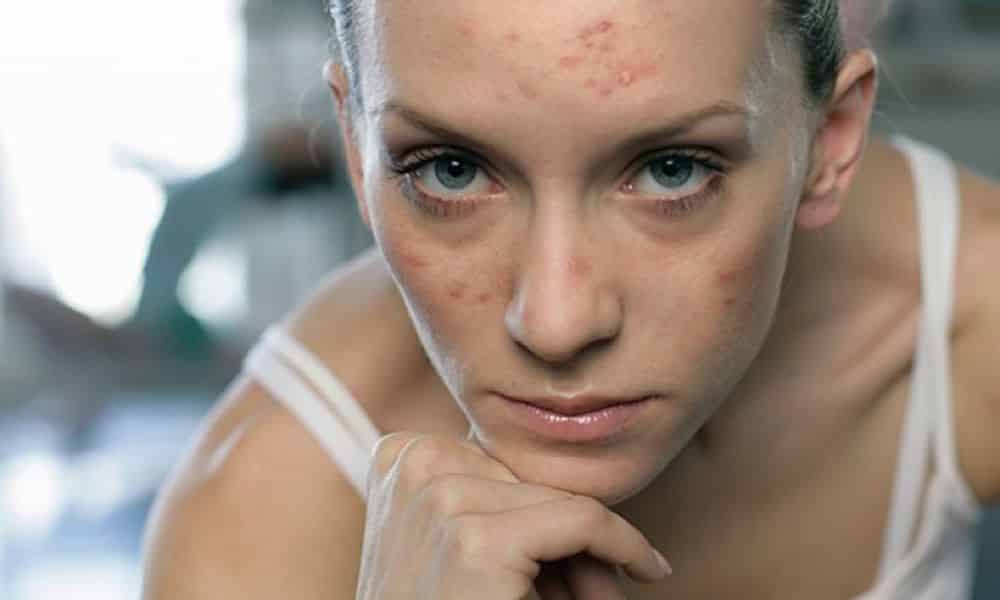Contraceptives are a key component when it comes to regulating hormonal levels. Furthermore, it can be of great help to the skin.
Did you know that the famous contraceptive pill serves much more than just preventing pregnancy? Being an extremely common medication in women’s lives, it is possible to prevent several problems with its regular use and conscious medical monitoring. Furthermore, one of its most popular uses has been the solution for many for years. As it helps control hormones, contraceptives for acne are almost a priority.
But after all, what would be the reason for the pill to be recommended in this case? The answer to this question lies in the power of the contraceptive to regulate hormones, such as androgens, responsible for increasing skin oiliness, in addition to causing pimples. It is expected to be administered continuously for 3 to 6 months to discover its effectiveness, but some are more effective in treating than others.
For the treatment of skin problems to work, it is recommended that the contraceptive contains at least one derivative of estrogen, the female hormone. Furthermore, it must be associated with progestin sex hormones, such as drospirerone, cyproterone, dienogest and chlormadilone. The strongest of all is cyproterone, which must be administered with caution. The other progestins serve to resolve mild to moderate acne.

Check out more information about contraceptive treatment, its benefits and the precautions you should take when starting the process:
How does acne contraceptive work?
First of all, when you choose to take the pill, taking it regularly is capable of reducing the sebum production effect of the sebaceous glands, which can even affect the oiliness of your hair. The contraceptive also reduces the proliferation of P. acnes, the bacteria that causes acne, working on skin inflammation and improving its appearance. Furthermore, it reduces follicular hyperkeratinization, with keratinization being responsible for hydration. Its excess results in greater oil production.
In which cases to use contraceptives?

Even though controlling acne with contraceptives is recommended, it is important to know whether it is possible to start treatment in each type of organism. The problem can often be resolved with a smart skin care routine. Then come lotions and acids adapted for topical products, such as adapalene, retinoic acid and benzoyl peroxide, widely used to eliminate pimples. There are even medicines and other pills available, as long as they are prescribed by a dermatologist.
If the situation cannot be treated with such options, the pill comes into play. It works as a 2 in 1 to prevent pregnancy and pimples at the same time, or for those who find their skin becomes very inflamed during their menstrual period. There is also the possibility of acne being caused by diseases that increase the level of androgen hormones, such as PCOS and polycystic ovary syndrome. In this case, the chances of contraceptive prescription are high.
When not to use contraceptives for acne?

Despite its benefits, the pill can be dangerous in certain cases. Likewise, you need to know your own body and its possibilities, as inappropriate use of the medicine can lead to consequences that are nothing like the advantages. For example, it should not be used in case of:
- Smoking;
- Pregnancy;
- Breast-feeding;
- Vaginal bleeding of unknown origin;
- Breast cancer;
- Cirrhosis;
- High pressure;
- History of heart attack, thrombosis or family diseases related to blood clotting;
- Diabetes grave.
What happens when contraceptives are stopped?
Because taking the pill is a continuous process, stopping its use during the calendar can also lead to some side effects. Firstly, it is possible that stopping acne contraceptives could return the same appearance to the skin as before treatment, such as its oily appearance and new pimples. Therefore, it is necessary to treat it with specific products to control oiliness, the vast majority of which are for topical use, such as soaps suitable for the face.
Stopping the medication can cause some discomforts to return, such as colic. Contraceptives facilitate the menstruation process by preventing ovulation, which makes the experience much more pleasant. Without the pill, however, ovulation occurs, with the endometrium covering the walls of the uterus and expelling everything that was not necessary for a possible pregnancy.
Say goodbye to fluid retention: despite its benefits, contraceptives and their hormonal dosage can lead to body swelling. When you stop taking it, you can feel thinner again, even going down a few bra sizes. This case, however, is not a common occurrence, and there are medications that prevent swelling.
Finally, even your emotions can waver without the pill. After all, it is responsible for regulating hormone levels, such as progesterone and estrogen, which consequently influence mood. With the lack of contraceptives, the probability of things affecting you more strongly is great.
Did this subject interest you? If so, you might also like Hormonal pimples – Influence of hormones on the skin
Sources: Tua Saúde, Uol
Images: Metrópoles, Blog da Saúde, Mx Bikes and Herstylecode.

Sign up for our newsletter and stay up to date with exclusive news
that can transform your routine!
Warning: Undefined array key "title" in /home/storelat/public_html/wp-content/plugins/link-whisper-premium/templates/frontend/related-posts.php on line 12
Warning: Undefined array key "title_tag" in /home/storelat/public_html/wp-content/plugins/link-whisper-premium/templates/frontend/related-posts.php on line 13




